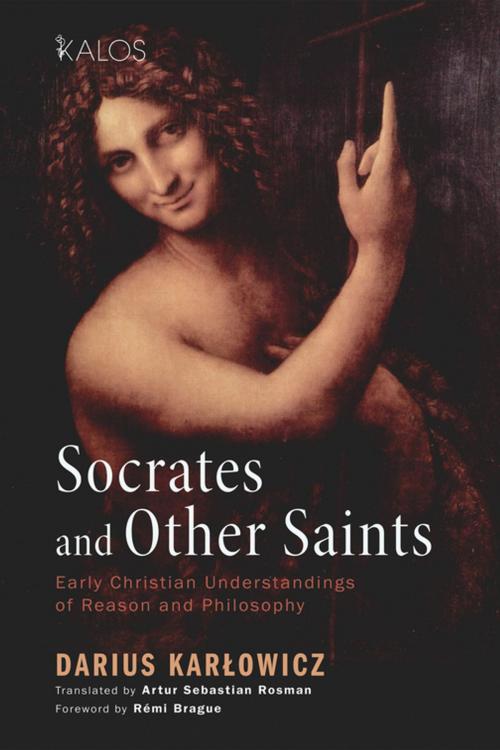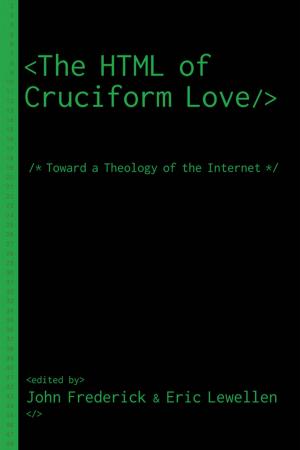Socrates and Other Saints
Early Christian Understandings of Reason and Philosophy
Nonfiction, Religion & Spirituality| Author: | Dariusz Karlowicz | ISBN: | 9781498278744 |
| Publisher: | Wipf and Stock Publishers | Publication: | January 31, 2017 |
| Imprint: | Cascade Books | Language: | English |
| Author: | Dariusz Karlowicz |
| ISBN: | 9781498278744 |
| Publisher: | Wipf and Stock Publishers |
| Publication: | January 31, 2017 |
| Imprint: | Cascade Books |
| Language: | English |
Many contemporary writers misunderstand early Christian views on philosophy because they identify the critical stances of the ante-Nicene fathers toward specific pagan philosophical schools with a general negative stance toward reason itself. Dariusz Karłowicz's Socrates and Other Saints demonstrates why this identification is false. The question of the extent of humanity's natural knowledge cannot be reduced to the question of faith's relationship to the historical manifestations of philosophy among the Ancients. Karłowicz closely reads the writings of Justin Martyr, Tertullian, Clement of Alexandria, and others to demonstrate this point. He also builds upon Pierre Hadot's thesis that ancient philosophy is not primarily theory but a "way of life" taught by sages, which aimed at happiness through participation in the divine. The fact that pagan philosophers falsely described humanity's telos did not mean that the spiritual practices they developed could not be helpful in the Christian pilgrimage. As it turns out, the ancient Christian writers traditionally considered to be enemies of philosophy actually borrowed from her much more than we think--and perhaps more than they admitted.
Many contemporary writers misunderstand early Christian views on philosophy because they identify the critical stances of the ante-Nicene fathers toward specific pagan philosophical schools with a general negative stance toward reason itself. Dariusz Karłowicz's Socrates and Other Saints demonstrates why this identification is false. The question of the extent of humanity's natural knowledge cannot be reduced to the question of faith's relationship to the historical manifestations of philosophy among the Ancients. Karłowicz closely reads the writings of Justin Martyr, Tertullian, Clement of Alexandria, and others to demonstrate this point. He also builds upon Pierre Hadot's thesis that ancient philosophy is not primarily theory but a "way of life" taught by sages, which aimed at happiness through participation in the divine. The fact that pagan philosophers falsely described humanity's telos did not mean that the spiritual practices they developed could not be helpful in the Christian pilgrimage. As it turns out, the ancient Christian writers traditionally considered to be enemies of philosophy actually borrowed from her much more than we think--and perhaps more than they admitted.















